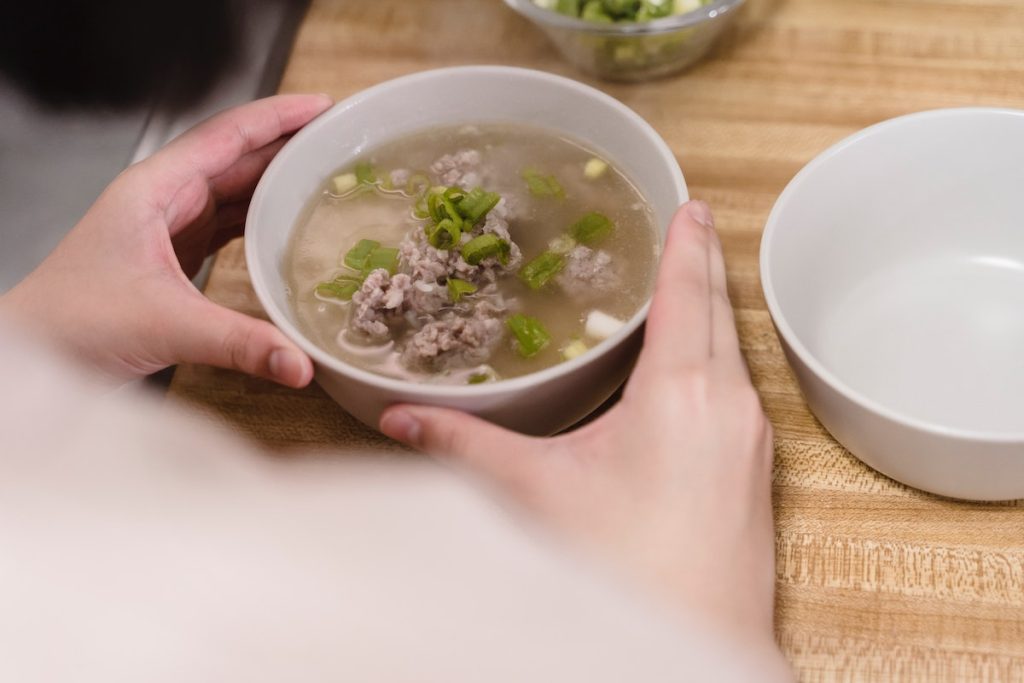The economic uncertainty caused by the pandemic also saw a surge in volunteering around the world. Volunteers helped vulnerable groups who found it challenging to deal with their dire situations. Aside from organizing food banks, some charities also opened soup kitchens to provide warm food for people who lost their jobs.
No matter what time of year it is, people always need a warm meal. Soup kitchens provide an essential service to the community, but they also come with their own set of security concerns. Keep reading to learn how to keep your soup kitchen safe and secure.
Develop a Security Plan
A security plan is essential for any organization, but it is especially critical for soup kitchens. Soup kitchens provide a vital service to those in need and should be protected from potential threats.
A security plan will help protect the soup kitchen from various threats, including burglary, vandalism, and violence. It will also help ensure that the staff and volunteers are safe while working.
It is crucial to develop a security plan that is tailored to the specific needs of the soup kitchen. The plan should include a detailed strategy for protecting the premises and guidelines for dealing with emergencies.
The staff and volunteers at the soup kitchen should be familiar with the security plan. They should also know what to do in case of an emergency. They should also be aware of any policies that are in place regarding security.
A security plan is not a guarantee, but it can help to reduce the risk of crime and violence at the soup kitchen. It is crucial to keep the premises safe and secure so people can benefit from the valuable services offered by soup kitchens.
Install Safety Tools and Equipment
A soup kitchen is where people can come for free food. It is essential to keep a soup kitchen safe and secure so that people can feel comfortable coming there to get food. One way to do this is by installing safety tools and equipment.
Some safety tools and equipment that you may want to install in your soup kitchen include:
- A fire alarm system
- A security system
- Emergency exits
- Smoke detectors
- Fire extinguishers
- First aid kits
The soup kitchen should install reliable fire dampers in its HVAC system ductwork. The device can automatically block heat, smoke, and fire when temperatures reach a certain level. In this situation, the device prevents heat, smoke, and fire from spreading through the ductwork of the HVAC system.
These safety tools and equipment will help keep your soup kitchen safe in an emergency. They will also help ensure that people can evacuate the building safely in a fire.

Keep the Doors Locked
One of the benefits of keeping the doors locked at all times is that it helps to keep the soup kitchen safe and secure. By locking the doors, you can ensure that only authorized personnel can enter the soup kitchen. This can help to prevent theft and mischief from taking place. It can also help deter criminals from targeting the soup kitchen as a potential target for their illegal activities.
Keeping the doors locked also helps keep the kitchen safe and secure for volunteers and guests. Ensuring the safety of volunteers is essential in keeping a soup kitchen running smoothly. Locking the doors can also help protect guests of the soup kitchen from becoming victims of crime. Moreover, locked doors help maintain guests’ privacy using the soup kitchen.
Prepare a Sign-in Sheet
A sign-in sheet is vital for a soup kitchen because it can help keep track of who is in the kitchen and when they arrive. This can help ensure that everyone is safe and accounted for. It can also help track who made food and when it was made. This can help with inventory and ensure food is not stored too long. Lastly, it can help security by alerting staff to suspicious activity.
A sign-in sheet can help keep a soup kitchen running smoothly and safely. It is crucial to have one in place, so everyone knows what is going on and that no one goes hungry.
Conduct Regular Security Checks
Maintaining a soup kitchen can be a difficult task. It is essential to ensure the volunteers’ and guests’ safety and security. One way to do this is to conduct regular security checks. This involves inspecting the premises for potential hazards and ensuring that all doors and windows are locked.
Soup kitchens are also targets for criminals and vandals. Regular security checks can help prevent these types of incidents from happening. Security cameras and alarms can also help deter criminals. But, it is essential to also have someone responsible for checking the security footage and responding to any alarms.
Soup kitchens are essential in ensuring everyone has access to a warm meal, no matter what time of year it is. However, because they deal with large numbers of people daily, they also come with their own set of security concerns. Following the tips in the article can help keep your soup kitchen safe and secure.

